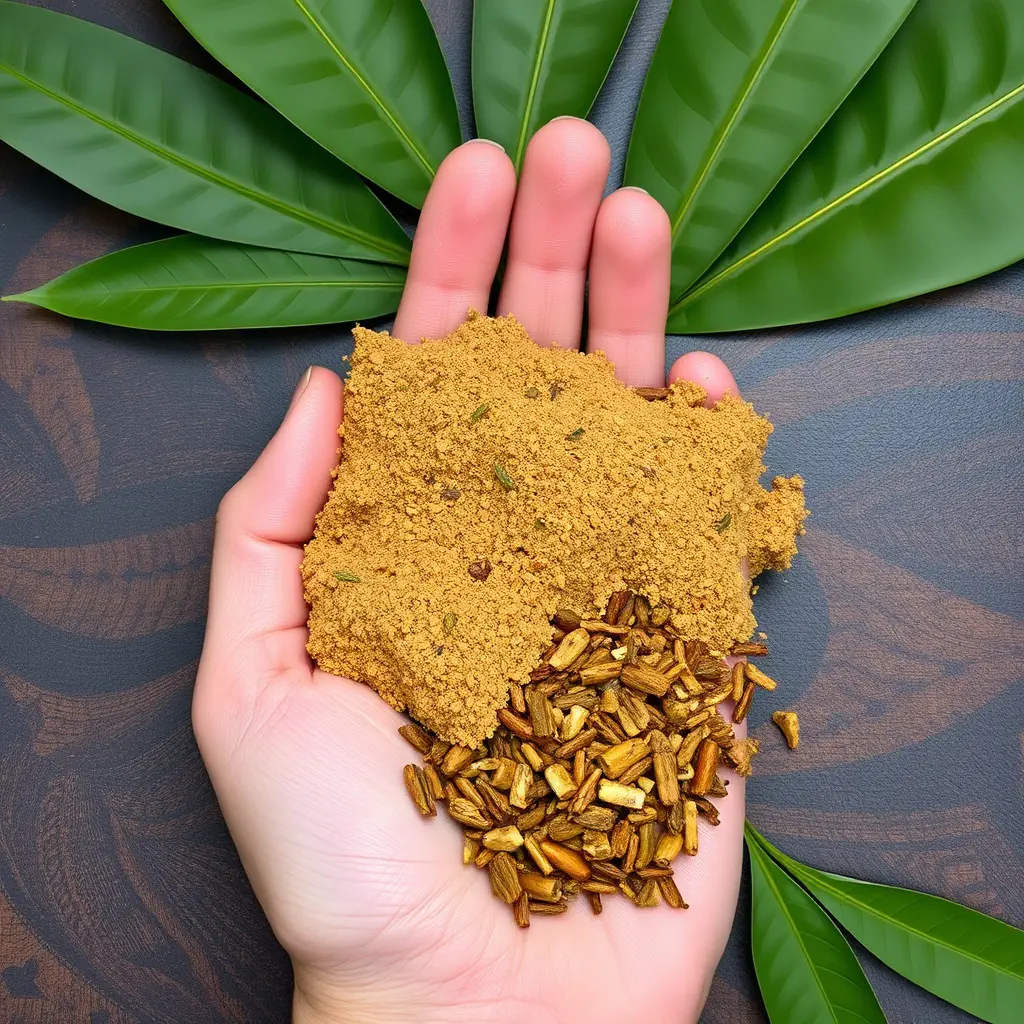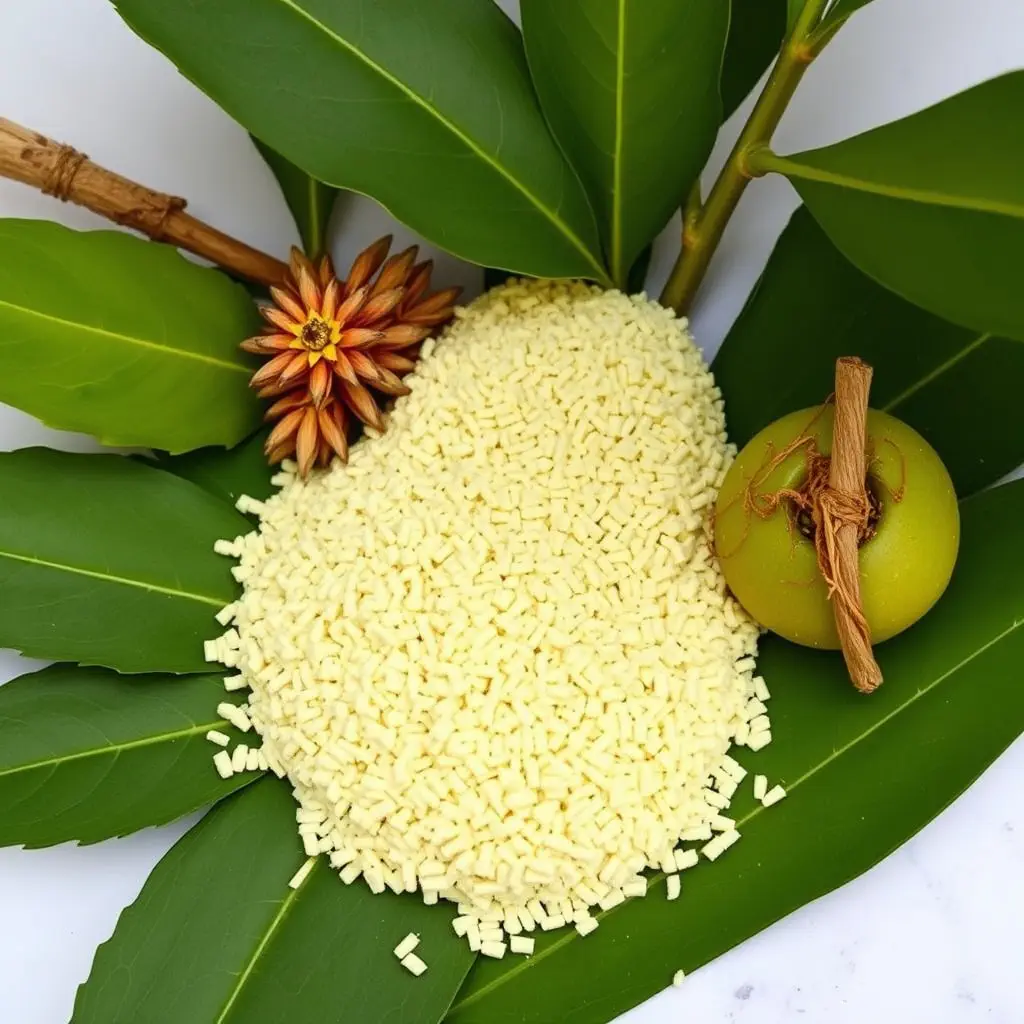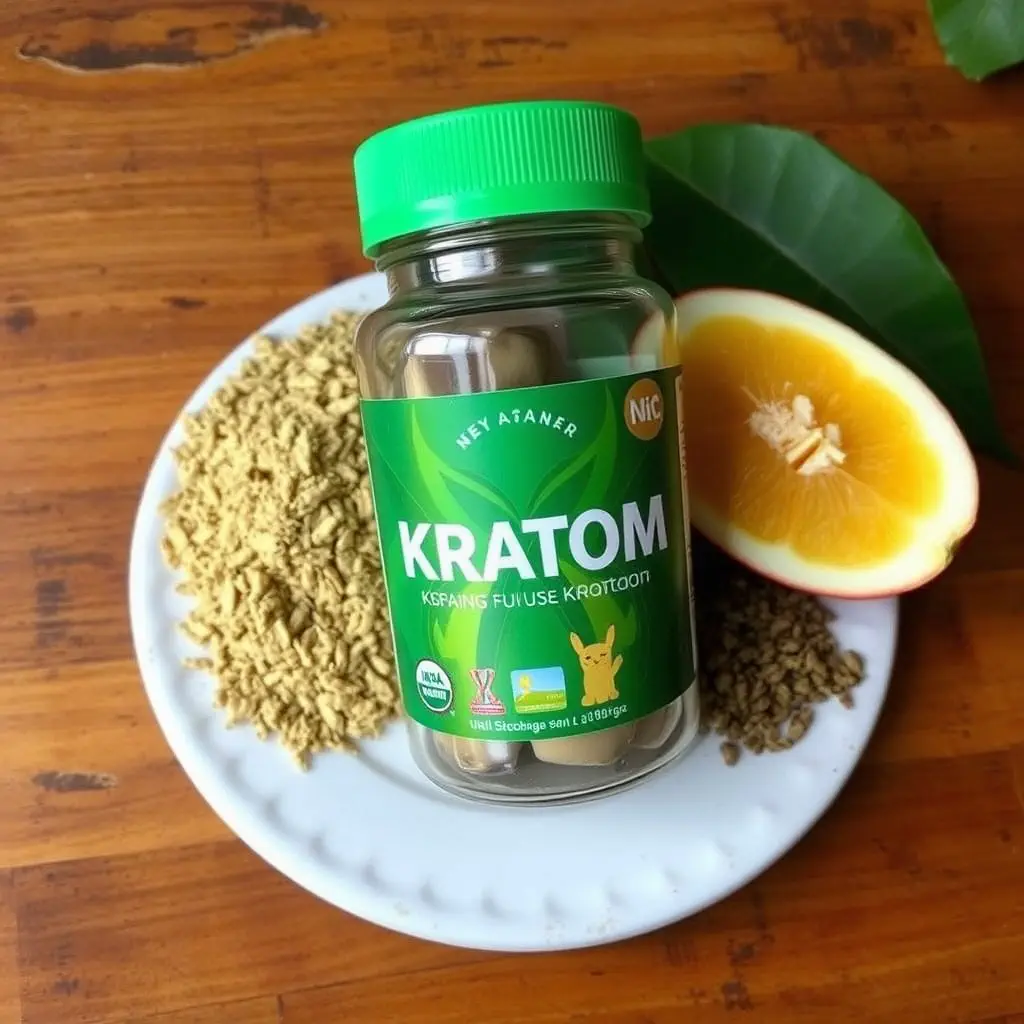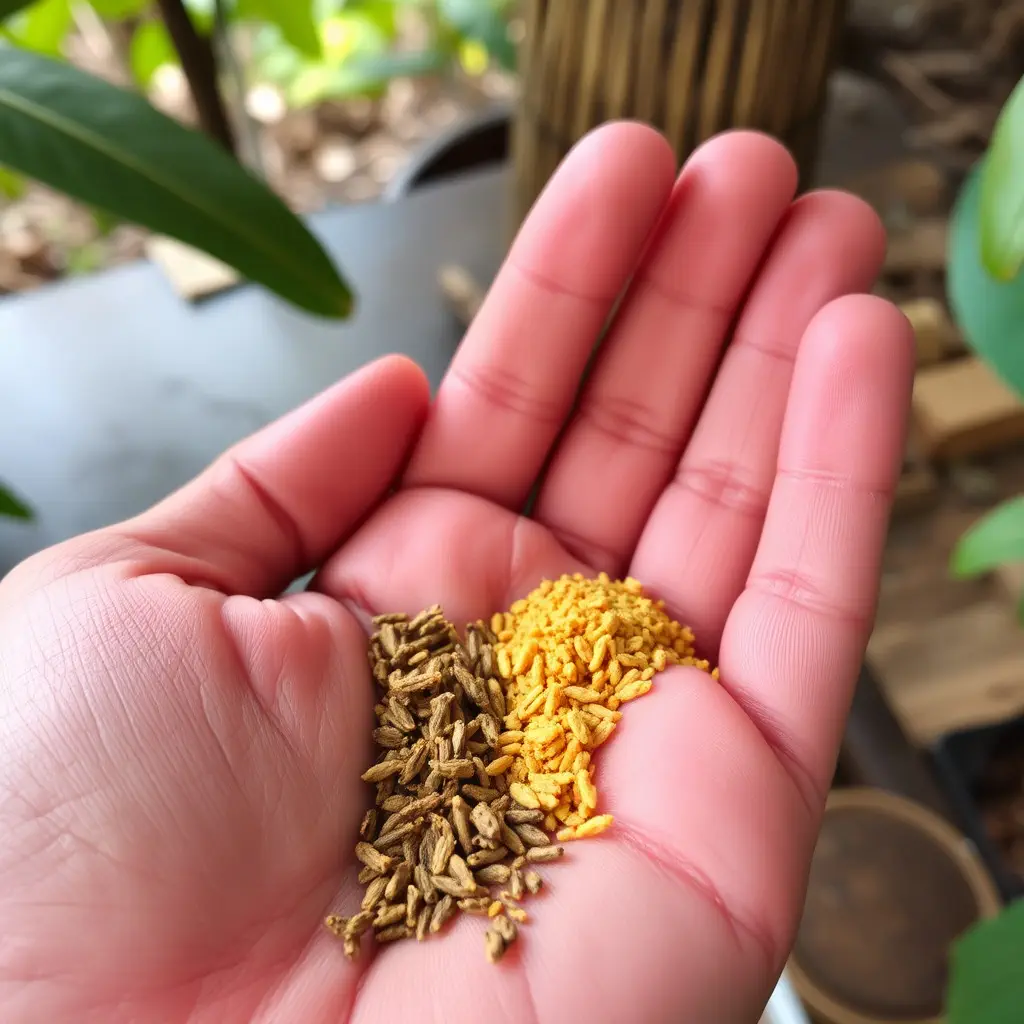The integration of kratom, derived from the Mitragyna speciosa tree, into mental resilience training programs offers potential cognitive and emotional benefits but comes with a caveat regarding its effect on liver health. While kratom has traditional uses as both a stimulant and sedative, its impact on liver function is a concern, with reports indicating possible liver health issues associated with its use. To mitigate these risks, it's crucial to monitor liver enzymes through regular blood tests, adhere to recommended dosages, and avoid overconsumption. A safe and effective approach to mental toughness should include kratom as part of a broader regimen that incorporates mindfulness, cognitive-behavioral therapy, and regular exercise. These practices not only enhance mental fortitude but also support liver health without compromising overall well-being. It's important to note that the question "is kratom hard on the liver?" is valid, as there is evidence suggesting that prolonged use of kratom may affect liver function. Therefore, a cautious and informed approach to its consumption is essential, with professional medical advice being integral for optimizing performance and minimizing potential adverse effects.
Embarking on a journey to enhance mental fortitude through Kratom training necessitates a nuanced approach that balances its potential effects with proven resilience strategies. This article delves into the art of maximizing mental resilience by integrating Kratom training with established toughness methodologies, while also addressing concerns about liver health and performance optimization. Navigating the fine line between safety and efficacy is paramount, especially in light of questions regarding “is kratom hard on the liver.” We will explore how to craft a balanced routine that harnesses the benefits of Kratom, without compromising one’s well-being. Join us as we dissect the intersection of mental conditioning and Kratom usage for an insightful look into achieving peak toughness.
- Maximizing Mental Resilience: Integrating Kratom Training with Proven Toughness Strategies
- Navigating Safety and Performance: Understanding Kratom's Impact on Liver Health and Training Efficiency
- Crafting a Balanced Routine: Combining Kratom with Mental Conditioning for Optimal Toughness
Maximizing Mental Resilience: Integrating Kratom Training with Proven Toughness Strategies

Integrating kratom training into a regimen aimed at bolstering mental resilience can be an effective strategy, provided it is done responsibly and with an understanding of its potential impact on the body. Kratom, a plant-based compound derived from the Mitragyna speciosa tree, has been traditionally used for its stimulant and sedative effects. While some individuals may use kratom to enhance focus and endurance during mental or physical challenges, it is crucial to address concerns regarding liver health. Reports have linked kratom consumption to potential liver strain, a key aspect to consider given the liver’s role in detoxifying the body and processing substances. To mitigate these risks, it is imperative to adhere to recommended dosages and not exceed them. Additionally, incorporating kratom into a holistic mental toughness program should include other evidence-based strategies such as mindfulness practices, cognitive-behavioral techniques, and regular physical exercise. These complementary approaches can help maintain mental fortitude while ensuring the liver and overall health are not compromised. By doing so, individuals can harness kratom’s potential benefits for mental toughness without overburdening their liver, thus maximizing resilience in both mind and body. Regular monitoring of liver function through blood tests, maintaining a balanced diet, and staying hydrated further support the safe use of kratom as part of a comprehensive mental training regimen.
Navigating Safety and Performance: Understanding Kratom's Impact on Liver Health and Training Efficiency

When integrating kratom into a training regimen aimed at enhancing mental toughness, safety and performance are paramount considerations. Kratom, a plant-based substance derived from Mitragyna speciosa, has been used traditionally in some cultures for its stimulant and sedative effects. However, concerns regarding its impact on liver health have surfaced, prompting a careful approach to its use. Research indicates that kratom can potentially affect liver function, which is particularly relevant for individuals engaging in physically demanding activities. The liver plays a critical role in detoxification and energy regulation, both of which are essential for athletes and those seeking improved mental fortitude through training. To navigate these safety concerns, it’s crucial to monitor liver health through regular check-ups and blood tests, looking specifically for signs of hepatotoxicity. Moreover, adhering to recommended dosages and avoiding combinations with other hepatic substances can mitigate risks.
Training efficiency is also a factor when considering the role of kratom in mental toughness strategies. Kratom’s psychoactive properties may enhance focus, reduce fatigue, and increase endurance during workouts. However, its effects can vary widely among individuals, and the substance’s legality and purity can be inconsistent. To optimize performance while minimizing potential adverse effects, it’s important to tailor kratom use to individual response and training goals. Athletes should consult with healthcare professionals and consider the timing of kratom intake in relation to their training sessions. Additionally, a comprehensive fitness program that includes proper nutrition, hydration, and rest is essential for supporting both liver health and overall training efficiency. By carefully balancing the use of kratom with these additional strategies, individuals can work towards maintaining mental toughness without compromising their well-being.
Crafting a Balanced Routine: Combining Kratom with Mental Conditioning for Optimal Toughness

Crafting a balanced routine that incorporates kratom while focusing on mental conditioning can be a nuanced approach to enhancing mental toughness. Kratom, a plant-based compound derived from the leaves of Mitragyna speciosa, has been traditionally used for its stimulant and analgesic properties. However, concerns regarding its liver safety are prevalent; specifically, questions about “is kratom hard on the liver?” necessitate cautious consideration. Long-term use of kratom may potentially affect liver function, as indicated by some studies. Therefore, it’s imperative to approach its inclusion in a training regimen with due diligence, monitoring one’s health markers and consulting healthcare professionals.
In parallel with kratom use, mental conditioning exercises such as cognitive-behavioral techniques, mindfulness meditation, and goal-setting practices can bolster mental resilience. These strategies help individuals manage stress, maintain focus under pressure, and cultivate a growth mindset. By integrating these mental toughness strategies alongside the careful use of kratom, trainees can work towards optimal mental fortitude while mitigating potential health risks associated with the substance. It’s crucial to remember that a holistic approach to training, one that encompasses both physical and psychological conditioning, is essential for achieving long-term success and well-being. Regular monitoring of mental health and physical health indicators should accompany any regimen involving kratom to ensure safe and effective practices.
Incorporating kratom into a training regimen can significantly enhance mental toughness, provided it is done with caution and an understanding of its potential impact on liver health. This article has delved into the strategies that maximize mental resilience by integrating kratom with proven toughness methods, emphasizing the importance of a balanced routine. It is crucial for athletes and trainers to navigate the fine line between performance enhancement and safety, especially considering concerns about whether kratom is hard on the liver. By crafting a regimen that includes mental conditioning alongside judicious kratom use, individuals can achieve optimal toughness without compromising their well-being. Understanding the nuances of kratom’s effects and how to mitigate potential risks is essential for anyone looking to incorporate this substance into their training. The insights provided in this article serve as a guide to safely harness the benefits of kratom while maintaining peak mental and physical performance.






